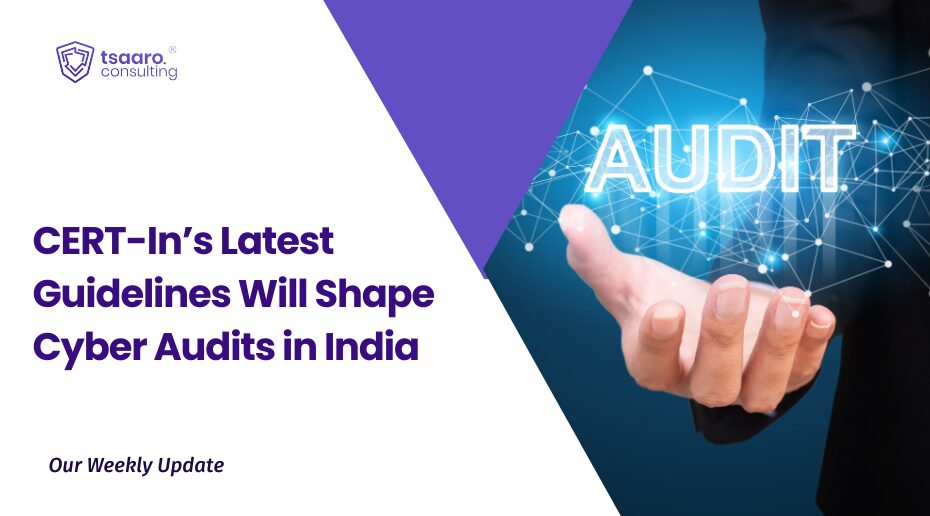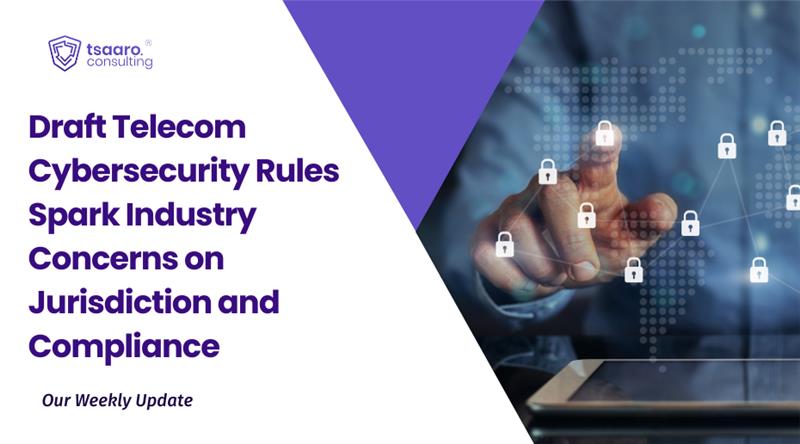Over the past two decades, the importance of social media in our lives has grown by leaps and bounds. These platforms have managed large volumes of personal information and have become the center for spreading and disseminating information. The ability to manage large volumes of personal data has allowed them to influence the masses. Therefore, regulation of the functioning of social media platforms has cropped up as a major challenge.
Without regulation, most social media platforms build their foundation on the commercial exploitation of user data, employing algorithms to steer and shape people’s choices. All this was possible due to them collecting enormous amounts of users’ data and processing it for various uses without their consent. Growing Social Media Privacy awareness and risks associated with leaked personally identifiable information have met that Governments have enacted several regulations in the last five years across the globe.
Also, read – Understanding the Data Transfer Crisis: From Snowden to Schrems II and the Record-Breaking Meta Fine.
Social Media Privacy
Social media privacy is part and parcel obligation of the modern digital world. It primarily involves protecting the confidentiality of Personal and sensitive information of users collected stored, and processed by Social Media Platforms. Users voluntarily share part of this information with the platform, while trackers and cookies may collect another part.
Ensuring social media privacy cannot happen in a vacuum, and recently, various factors have heightened the risk of its violation. These include consolidation of Social Media platform giants, which provide no competition in the market as well as even larger user share and volume database for Single Corporate entities to manage. A monopolistic market severely restricts the growth of other players and puts entry barriers for other privacy-securing alternatives.
Privacy Risks
The variety and quality risks posed by violation of an Individual’s privacy, especially on social media, are increasing day by day. Categorisation and enlisting these risks are important to provide a solution to them. The privacy risks and the reasons behind them are:
- Data Mining: Scammers can harvest the data from your Social media accounts. The mined personally identifiable information can be used to access your other sensitive or critical confidential information. Post gathering sensitive information like name, age, email address or location, scammers can use this to do phishing or malware attacks on the user. Also, the collation of data related to users’ behaviour, spending habits, political beliefs, likes, or dislikes can be exploited commercially for targeted advertising. This attempt to influence the choices is not only harmful to the free flow of ideas and information but also has adverse impacts on the psychology of the user.
Also, read– is it possible to balance privacy and personalisation?
- Imposter Accounts: Creating a new account on Social media platforms is quite a straightforward process. There is no verification about whether the administrator of the account is the person they claim to be. This favours anonymity, but anonymity has also led to a host of fake/imposter accounts cropping up on Social Media platforms. These administrator accounts claim to be some different person and then use this deception fraud to harass and bully their victims.
- Anonymity on these accounts makes it challenging to establish accountability for the actual administrators, leading to the spread of false information.
- Complex Privacy Policy: There are various loopholes through which personal information can be leaked out or be available in public despite your settings. These loopholes never come to the limelight due to the complex drafting of privacy policies. This design effectively discourages users from delving into the details of the agreements with the social platforms they intend to join. Hidden within the depths of lengthy agreements, waiver clauses often leave users with no alternative but to accept the terms without conducting due diligence. The complexity of privacy policies contributes to users making uninformed decisions, potentially leading to future difficulties.
- Third-Party Apps: Though the Social Media platforms you are joining may have a robust system in place for ensuring Social Media Privacy. You may also have created strong passwords and updated them regularly. Scammers may still be able to get access to sensitive information in your account due to the vulnerabilities present in third-party applications which have access to sensitive information of your account.
- Stealing Passwords: Scammers often lure and deceive users into disclosing their passwords by creating fake websites that demand sign-in credentials for their use.Through the signing-in option, scammers can get control of a user’s account and then change the password to retain its control. It stands the risk of scammers engaging in identity theft or other harmful activities.
Best Practices
Here is a list of practices that users can follow to ensure the protection of their personal information online.
- Stay in the loop with the privacy policy of the social media platforms you sign up for. This may seem like a tedious task, but there are various sources to verify the strengths of a privacy policy. Thus, you can use external reviews to become aware of the risks you face when signing up for a social media platform.
- Two-factor authentication measures will provide your information and account with an added layer of protection.This proves especially helpful in guarding against password thefts, as it provides a second layer of protection that remains effective even if the password is breached.
- Controlling the permissions granted to applications by default is another way to ensure data privacy. Several applications require access to distinct data types, camera, gallery, voice etc., for their functionality. The scope must be limited to when the application is actively used and not in the background.
- When posting it online, being mindful of what information is sensitive or not is necessary. Currently, there is no foolproof way to prevent data leakage. Hence it is best to avoid posting critical information or data online to prevent it from getting into public or unwanted hands.
- Avoiding using public networks is also a way to limit the risk of data leakage. Public Wi-Fi serves as a hotspot for scammers and data miners, who then commercially exploit the collected data, compromising the user’s privacy and confidentiality.
Conclusion
We live in the digital age, where a kid, even the older generation, is joining social media platforms. People are documenting their lives on these platforms, which process and manage vast amounts of data. Consequently, addressing the risks linked to social media privacy becomes essential. In addition to the organization’s responsibility to comply with regulations. it is crucial for users to stay informed and follow privacy practices. And to make informed choices when joining social media platforms.
Stay updated with Tsaaro about all the latest privacy compliance developments across multiple jurisdictions. Gain a better understanding of laws and regulations and their requirements through us. Our insights will help you make informed choices to mitigate your privacy risks. Contact us at email at info@tsaaro.com.












